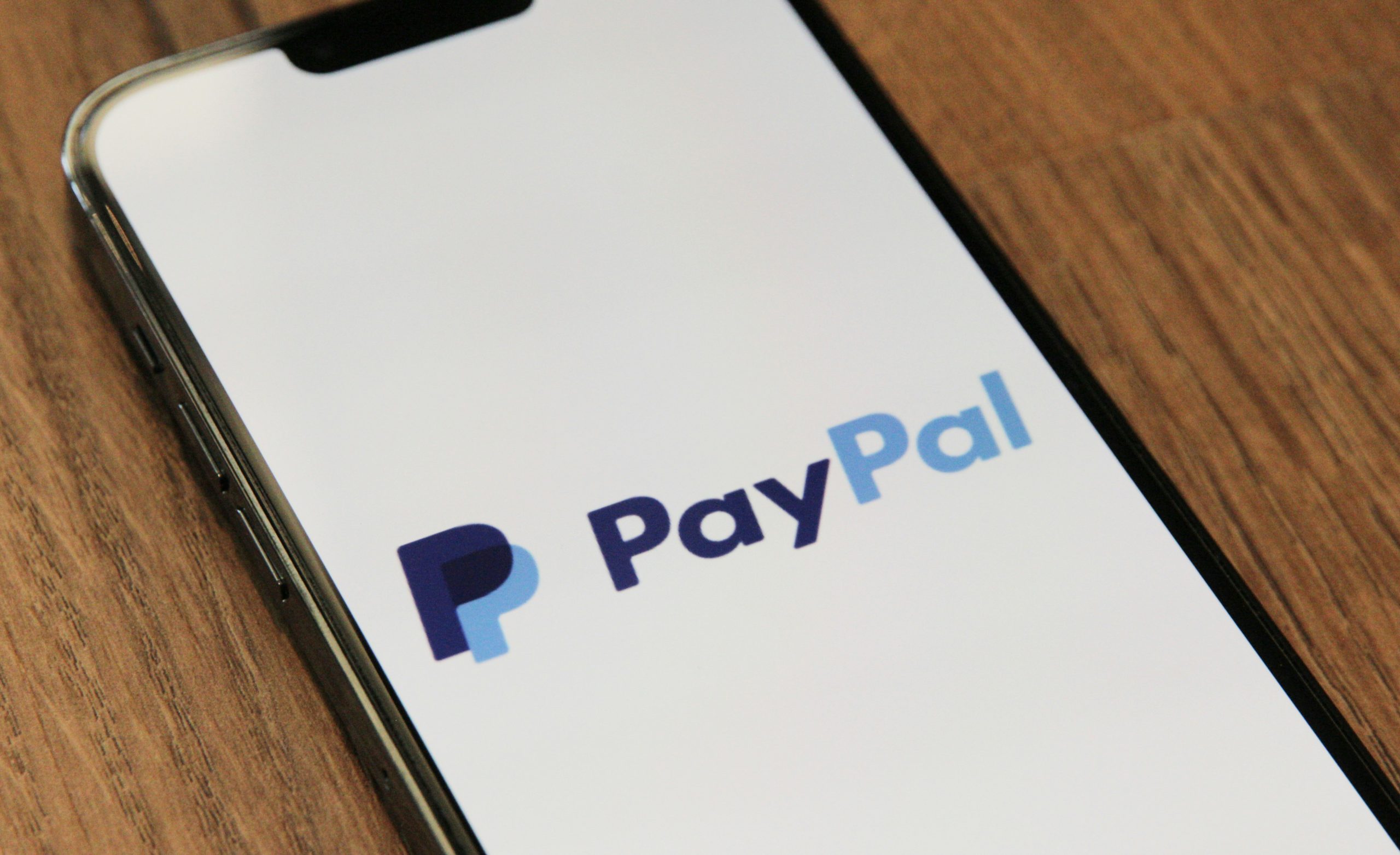Anxiety Relief: Learn How to Get Up to $3,822 in Monthly Financial Support

Imagine being on a busy street but feeling trapped by invisible walls of anxiety. This isn’t just a one-time event for many in the U.S.; it’s an everyday struggle. These struggles affect their work and life. To help, the federal government offers government assistance for anxiety. They see financial help as important as medical treatment for well-being.
Last year, more than 2.2 million workers found relief through federal aid for anxiety. They got disability benefits that helped them financially1. Anxiety disorders are seen as disabilities under the Americans with Disabilities Act (ADA). This means you might get monthly payments up to $3,8222.
Many don’t know about the financial help for anxiety. It’s often missed partly because people aren’t aware or find the application process hard. But, the first step to getting anxiety help from the government is to understand the Social Security Administration (SSA) requirements. It might be easier with a lawyer’s help12.
Discover more about qualifying fordisability benefits for, and how you can navigate the complexities to secure the aid you deserve.
Key Takeaways
- Over 2.2 million people received disability benefits for anxiety-related conditions in 20221.
- The ADA recognizes anxiety as a disability, enabling eligibility for benefits2.
- Potential maximum monthly SSDI payments could reach $3,822 for qualifying individuals2.
- An average monthly payment of $1,343.88 was distributed for mental disorders in 20221.
- Securing benefits may require thorough medical documentation and professional legal guidance12.
- There is a statutorily imposed five-month waiting period for SSDI benefits post-approval1.
Understanding Your Eligibility for Government Assistance for Anxiety
Facing anxiety, it’s important to know if you can get government help. Modern times have seen mental health issues, like anxiety, recognized as disabilities. This means they qualify for assistance under certain rules.
Defining Anxiety as a Recognized Disability
Anxiety issues such as generalized anxiety disorder, panic disorder, and social anxiety are now seen as conditions that can disable someone. They fall under Listing 12.06 by the Social Security Administration (SSA), focusing on mental disorders. To be eligible, these disorders must greatly limit one’s mental functions or cause significant problems in two areas3.
Essential Criteria for Qualifying for Disability Benefits
To get disability benefits for anxiety, strong medical proof of its intensity is crucial. Symptoms like always feeling restless, having trouble focusing, and muscle tightness must be severe. They should deeply affect your daily life and ability to work. The SSA has specific points to check if one can get financial help3. If these points aren’t fully met, the SSA looks at how these symptoms stop someone from working. They consider things like age, what you’ve learned in school, and your work background4.
The Importance of Medical Documentation and Consistent Treatment
For a strong case in getting mental health grants, having detailed and steady medical records is key. They need to show long-term care proving your anxiety is ongoing and severe despite treatment. At later stages, like the hearing, legal help can really increase your chances of winning your claim5. Many people get their assistance at this point, after being denied before. It shows how crucial it is to keep trying and have professional support when getting benefits for anxiety5.
Learning about SSDI and ways to get relief for anxiety is very important if you think about asking for government help. As the government offers more help for anxiety, knowing about these options can greatly help you. It can bring financial and mental health support, helping you manage your anxiety better.
| Anxiety Disorder Type | Impact on Mental Functioning | Documentation Required |
|---|---|---|
| Generalized Anxiety Disorder | Marked limitation in concentrating | Medical history and treatment records |
| Panic Disorder | Extreme limitation in adapting or managing oneself | Detailed description of panic attacks |
| Social Anxiety Disorder | Marked limitation in social interaction | Psychiatric evaluation |
Navigating the Application Process for Anxiety Relief Programs
Starting the application for SSDI means you need to know the differences between SSDI and SSI. SSDI is financial help for those who worked enough to earn credits. On the other side, SSI helps those with little money or assets and who did not pay into Social Security.
For SSDI’s anxiety support, you must show medical proof of your disability. Make sure your application explains how anxiety stops you from keeping a job6. This includes problems from disorders like GAD, OCD or PTSD.
| Program | Features | Benefits |
|---|---|---|
| SSDI | Financial support up to $3,822 monthly6, requires work credits | Steady income flow for disabled who cannot work6 |
| SSI | Needs-based, asset criteria apply | Support for individuals with insufficient work history |
| SOAR | Case management support, all states participate7 | Enhanced access to benefits for at-risk populations7 |
For a better chance at approval, look into the SOAR program. It has helped over 45,137 people get benefits since 20057. SOAR provides experts to guide you through the application steps smoothly7.
- Gather Documentation: Compile all necessary medical records and any proof of your work history.
- Understand Eligibility: Distinguish between SSDI and SSI requirements and prepare your application accordingly.
- Seek Professional Help: Legal experts and SOAR-trained case managers can provide invaluable assistance.
It’s important to know that many SSDI first-try applications get denied6. Having a well-prepared application is key. Using the SOAR program makes the process easier and boosts your chances of getting approved7.
Applying for an anxiety relief program shouldn’t feel too hard. With a clear understanding of SSDI demands and the help from SOAR, you can get the help and financial support you need.
Conclusion
Overcoming anxiety isn’t just a personal battle; it’s a collective effort to improve everyone’s quality of life. The eye-opening stats show that more than half of women and a third of men have faced worse mental health. This points to the urgent need for a kind and careful process for applying for SSA disability benefits8.
The data is shocking, with a nearly 90% rise in young people facing major depression from 2008 to 20198. World health leaders suggest solid plans9 to tackle these issues. Financial help, up to $3,822 monthly, is a key support. In 2020, $280 billion was spent on mental health services, showing we can get through this8. Countries are working hard to fight mental health stigma and improve rights within mental health care9.
Seeking SSA disability benefits for anxiety shows your courage against challenges. The application may seem tough, but it’s doable with the right information and medical records. Every step forward is a win for your health and helps everyone by promoting mental health support and advocacy89.
FAQ
What kind of government assistance for anxiety is available?
Is anxiety really considered a disability?
What are the criteria for qualifying for disability benefits for anxiety?
How important is medical documentation when applying for anxiety relief programs?
Can I receive mental health support from the government even if I’m not disabled?
What’s the difference between SSDI and SSI, and why does it matter?
How can I apply for SSDI for anxiety?
What are the average monthly payments for SSDI claims related to mental disorders?
FAQ
What kind of government assistance for anxiety is available?
People can get financial help from the federal government if they have anxiety. This is through Social Security Disability Insurance (SSDI) if they meet the disability criteria. They could get up to ,822 each month, depending on their case.
Is anxiety really considered a disability?
Yes, the Social Security Administration (SSA) views some anxiety disorders as disabilities. This includes disorders like Generalized Anxiety Disorder (GAD), Obsessive-Compulsive Disorder (OCD), and Panic Disorder. They are seen as disabilities if they greatly impact one’s daily life and job.
What are the criteria for qualifying for disability benefits for anxiety?
To get disability benefits for anxiety, you must show your disorder severely affects your mental functions. This means issues with understanding, memory, or thinking. Your condition must also be long-lasting despite getting treatment. The SSA’s Blue Book has all the details on these criteria.
How important is medical documentation when applying for anxiety relief programs?
Having detailed medical records is very important when you apply. These should show your diagnosis, symptoms, and all the treatments you’ve had. This proves how your anxiety affects your work life.
Can I receive mental health support from the government even if I’m not disabled?
Yes, even if the SSA doesn’t see you as disabled, you can still get help. There are local mental health services, support groups, and sometimes grants. These are for those who need funding for mental health programs or research.
What’s the difference between SSDI and SSI, and why does it matter?
SSDI is for people who have worked and contributed to Social Security. SSI helps those with low income who haven’t paid much into Social Security or never worked. Knowing the difference is key. It determines if you qualify and what benefits you might get.
How can I apply for SSDI for anxiety?
Start by gathering all your medical records about your anxiety. Understand the SSA’s criteria for disability. Getting help from a lawyer might also boost your chances of getting your application approved.
What are the average monthly payments for SSDI claims related to mental disorders?
In 2022, the average SSDI payment for mental disorders was
FAQ
What kind of government assistance for anxiety is available?
People can get financial help from the federal government if they have anxiety. This is through Social Security Disability Insurance (SSDI) if they meet the disability criteria. They could get up to $3,822 each month, depending on their case.
Is anxiety really considered a disability?
Yes, the Social Security Administration (SSA) views some anxiety disorders as disabilities. This includes disorders like Generalized Anxiety Disorder (GAD), Obsessive-Compulsive Disorder (OCD), and Panic Disorder. They are seen as disabilities if they greatly impact one’s daily life and job.
What are the criteria for qualifying for disability benefits for anxiety?
To get disability benefits for anxiety, you must show your disorder severely affects your mental functions. This means issues with understanding, memory, or thinking. Your condition must also be long-lasting despite getting treatment. The SSA’s Blue Book has all the details on these criteria.
How important is medical documentation when applying for anxiety relief programs?
Having detailed medical records is very important when you apply. These should show your diagnosis, symptoms, and all the treatments you’ve had. This proves how your anxiety affects your work life.
Can I receive mental health support from the government even if I’m not disabled?
Yes, even if the SSA doesn’t see you as disabled, you can still get help. There are local mental health services, support groups, and sometimes grants. These are for those who need funding for mental health programs or research.
What’s the difference between SSDI and SSI, and why does it matter?
SSDI is for people who have worked and contributed to Social Security. SSI helps those with low income who haven’t paid much into Social Security or never worked. Knowing the difference is key. It determines if you qualify and what benefits you might get.
How can I apply for SSDI for anxiety?
Start by gathering all your medical records about your anxiety. Understand the SSA’s criteria for disability. Getting help from a lawyer might also boost your chances of getting your application approved.
What are the average monthly payments for SSDI claims related to mental disorders?
In 2022, the average SSDI payment for mental disorders was $1,343.88 monthly. The most you could get is up to $3,822, depending on your situation.
Are there specific anxiety assistance options for individuals who struggle with employment?
Yes, people with anxiety who find working hard might get SSDI. The Americans with Disabilities Act (ADA) also requires workplace accommodations. Plus, there are services and programs to help with jobs and training.
How long does the SSDI application process usually take?
Getting SSDI can take a long time, often many months to over a year. This includes applying, appealing if needed, and a waiting period after being approved. Having a complete application with all needed info can make it quicker.
,343.88 monthly. The most you could get is up to ,822, depending on your situation.
Are there specific anxiety assistance options for individuals who struggle with employment?
Yes, people with anxiety who find working hard might get SSDI. The Americans with Disabilities Act (ADA) also requires workplace accommodations. Plus, there are services and programs to help with jobs and training.
How long does the SSDI application process usually take?
Getting SSDI can take a long time, often many months to over a year. This includes applying, appealing if needed, and a waiting period after being approved. Having a complete application with all needed info can make it quicker.
Are there specific anxiety assistance options for individuals who struggle with employment?
How long does the SSDI application process usually take?
Source Links
- Anxiety Relief: Learn How You Could Qualify for Up to $3,822 in Monthly Benefits Today! – https://blog.consumertestconnect.com/anxiety-relief-learn-how-you-could-qualify-for-up-to-3822-in-monthly-benefits-today/
- How to Apply for Mental Health Disability Benefits – https://www.disability-benefits-help.org/disabling-conditions/mental-disorders
- 12.00-Mental Disorders-Adult – https://www.ssa.gov/disability/professionals/bluebook/12.00-MentalDisorders-Adult.htm
- Anxiety – https://www.allsup.com/your-ssdi/eligible-disabilities/anxiety
- Beginner’s Guide to Disability Benefits for Anxiety and/or Depression – Hawks Quindel Website – https://www.hq-law.com/blog/social-security-disability/social-security-disability-for-anxiety-depression/
- Anxiety Disorders & SSDI Benefits – https://www.kolblegal.com/ssdi/impairments/anxiety-disorders/
- SSI/SSDI Outreach, Access, and Recovery (SOAR) – https://www.samhsa.gov/homelessness-programs-resources/soar
- Reducing the Economic Burden of Unmet Mental Health Needs | CEA | The White House – https://www.whitehouse.gov/cea/written-materials/2022/05/31/reducing-the-economic-burden-of-unmet-mental-health-needs/
- Supporting governments to adopt mental health policies – https://www.ncbi.nlm.nih.gov/pmc/articles/PMC1525068/







